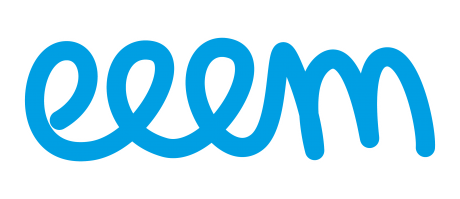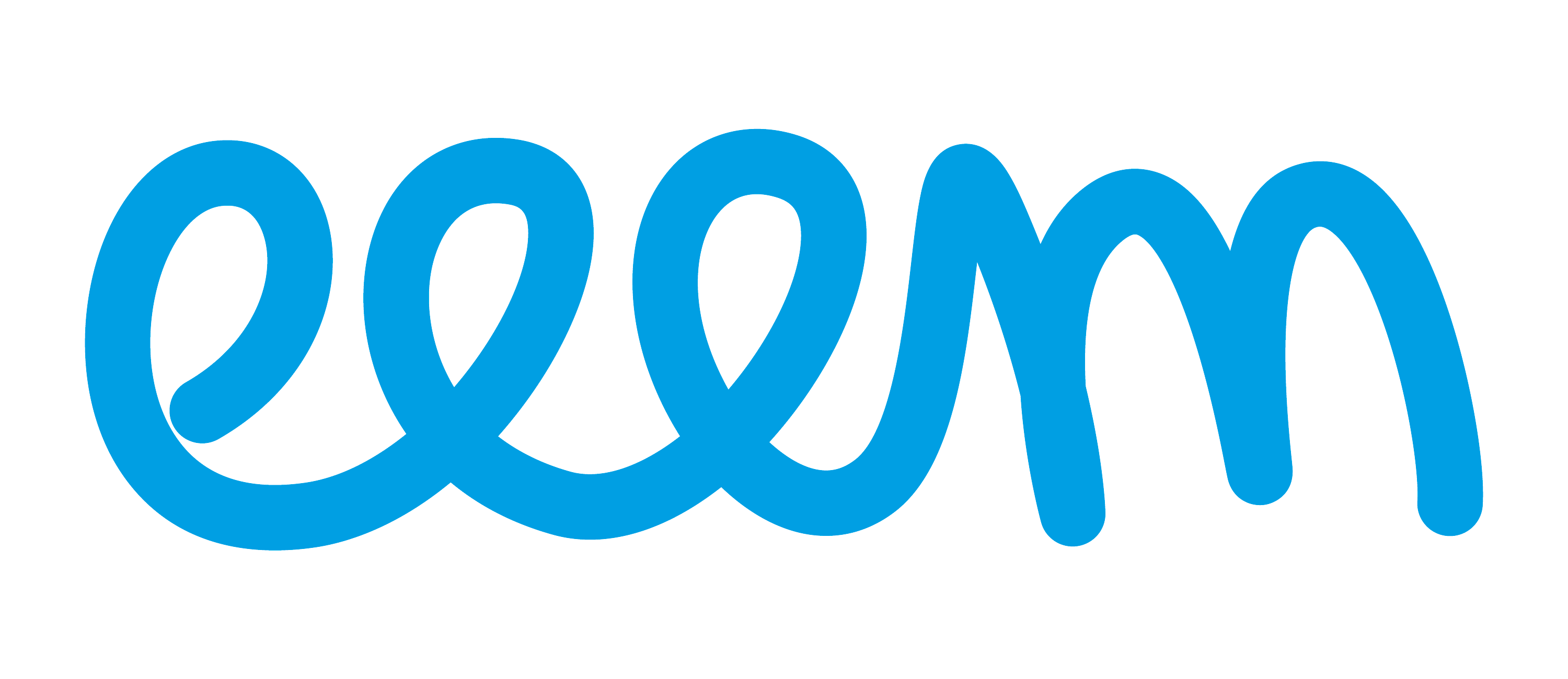It is high time for an integrated sustainable digital strategy which ensures a participatory and barrier-free information flow thus strengthening local capacities and creating entrepreneurship and new job opportunities. The following modules are crucial:
1
AFRICAN-EUROPEAN DEVELOPMENT AND PRODUCTION
2
TESTING AND FEEDBACK-LOOP
3
TRAINING OF TRAINERS (TOT)
4
IMPLEMENTATION AND MONITORING
5
SCALING UP
6
ON-THE-JOB-TRAINING
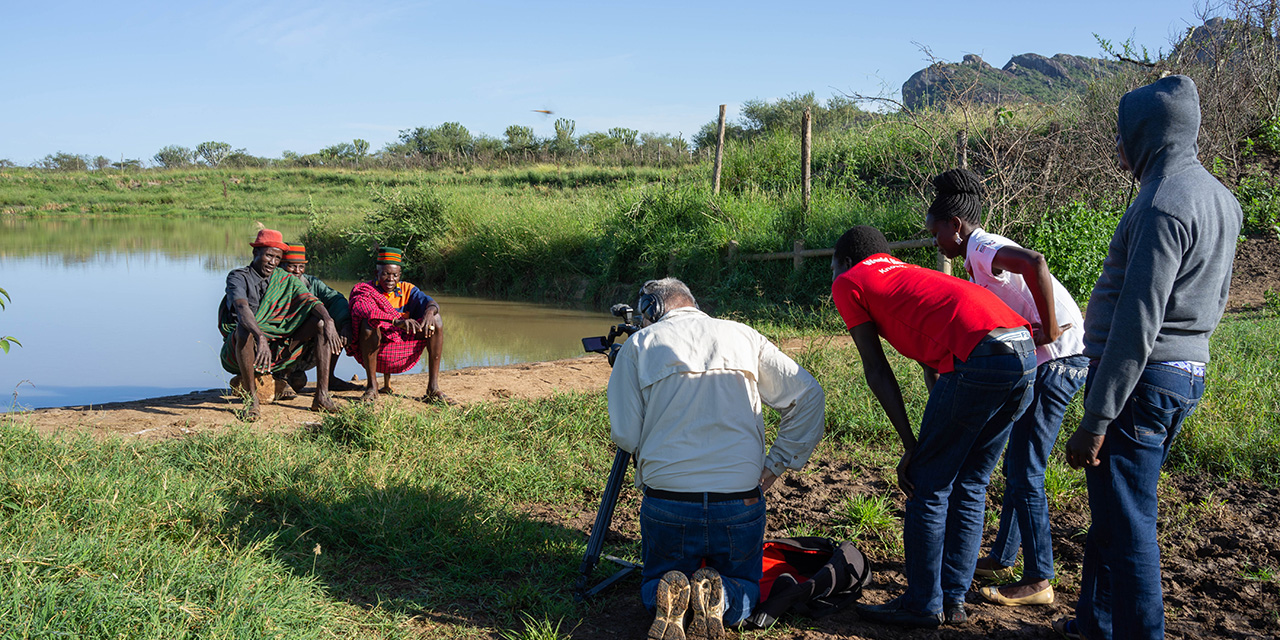
1. African-European development and production of audio-visual digital learning materials
Based on cultural contexts the target groups and the eeem.org team develop and produce eBooks and other digital learning materials in mother tongue with English/French/etc. subtitles. The innovative approach of eeem.org (ethno-electronic empowerment) combines the expertise of a cultural anthropologist, environmental scientist, graphic designer, filmmaker, e-Learning-, pedagogic- and IT-expert. The digital material, i. e. videos, photos, graphics and tasks are developed for cross-platform use online and/or offline.
To strengthen local capacities eeem.org offers On-the-Job-Training (s. 6).

2. Testing and feedback-loop
The process of tailor-made content-production needs testing and feedback. In workshops with all stakeholders input from all parties is welcomed. In the end an agreement will be found as far as the content is concerned to ensure ownership. A participatory and barrier-free learning process is promoted in order to reach illiterate pastoralists as well as highly educated participants like veterinaries. Such an approach creates a mutual digital information flow right from the start.
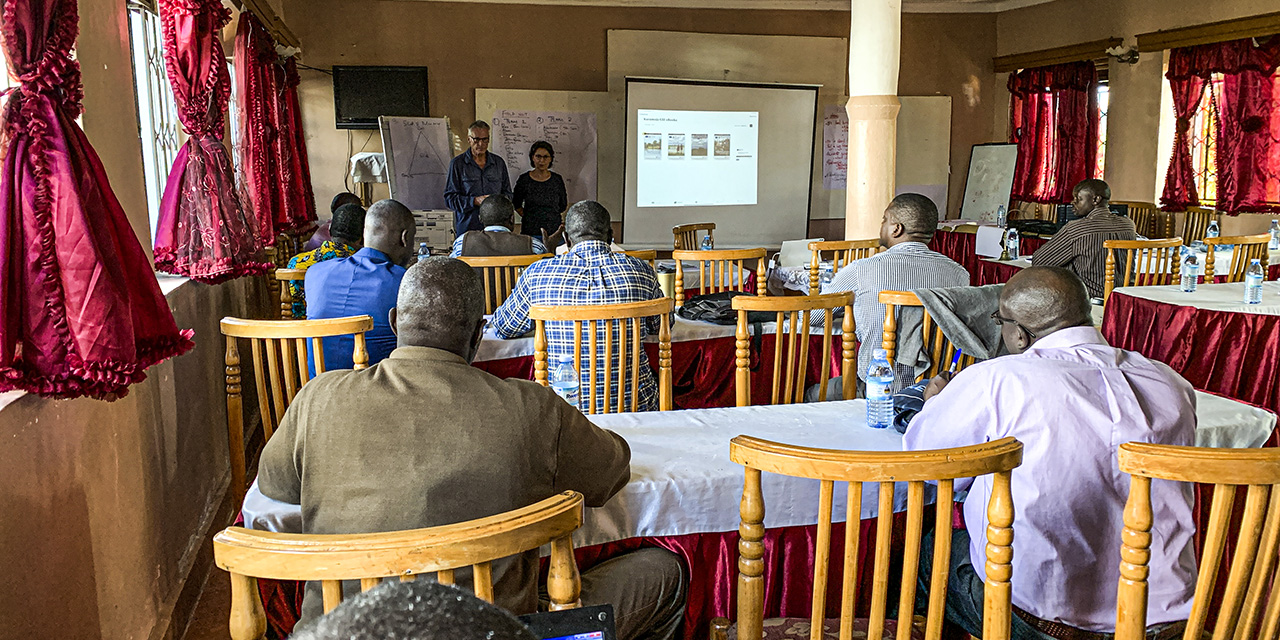
3. Training of Trainers (ToT)
The trainers for the digital eBooks (tablet teachers) are primarily:
– Illiterate beneficiaries,
– women and youth entrepreneurs who design their own business models as a catalyst for community development in rural areas.
In a scaling up phase (s. 5) additional trainers could be recruited from:
– members of NGOs,
– school teachers and
– local and central government employees.
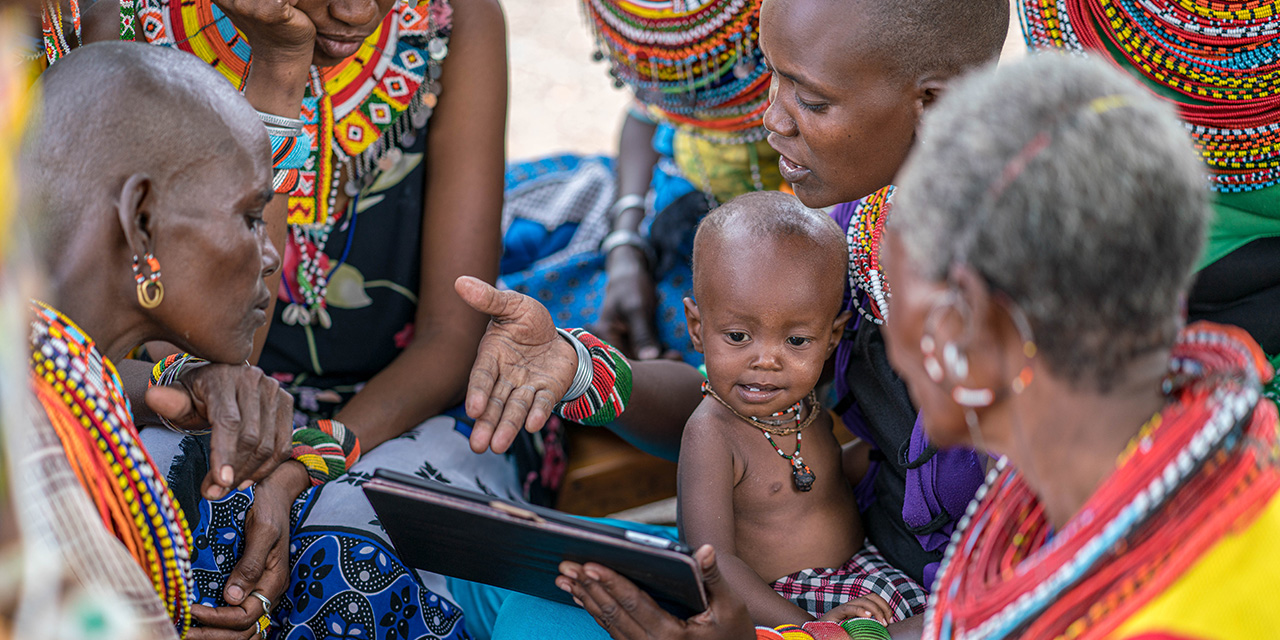
4. Implementation and monitoring
During the roll-out of the project constant testing and feedback are needed for improvement and adaptation. Due to the digital nature of the material this can be done easily. The monitoring process includes regular recaps with supplementary tests.

5. Scaling up
In a scaling up phase additional trainers could be recruited from:
– members of NGOs
The digital eeem.org materials add value to existing handbooks for capacity buildings. The digital competence of the organization will be strengthened and the digital content can be spread geographically – note: the mother-tongue can be changed easily;
– School teachers
Special curricula could be developed to target children and their parents;
– Local and central government employees
The digital eeem.org materials add value to existing handbooks, rules, regulations and laws.
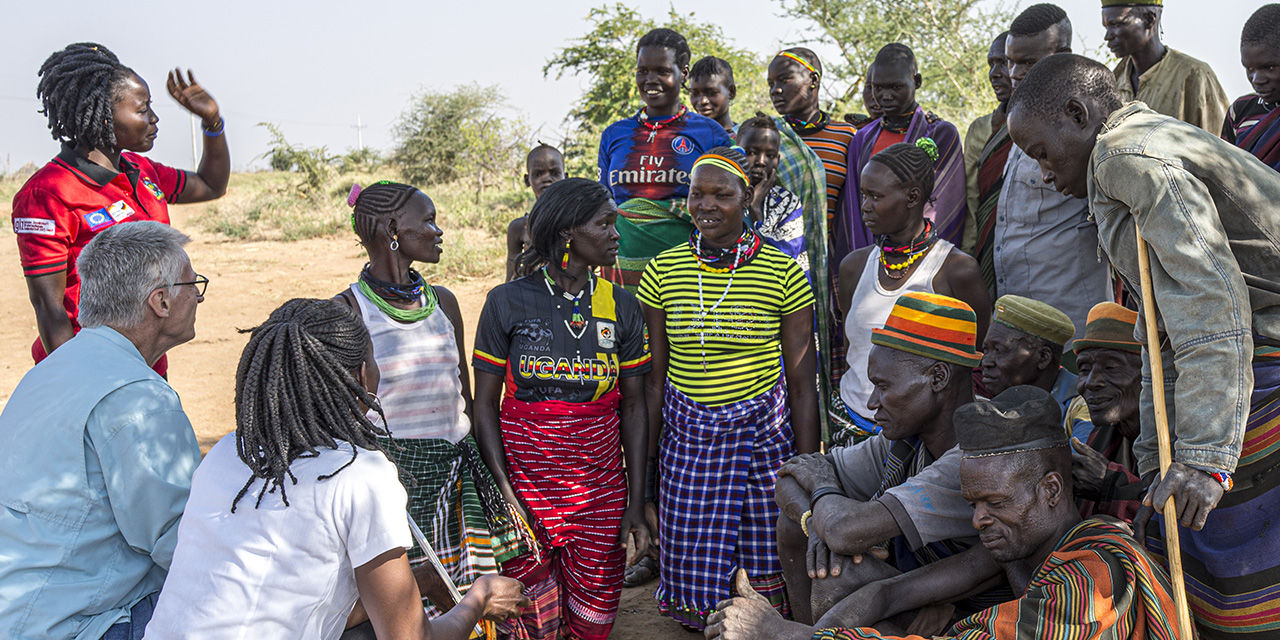
6. On-The-Job-Training
To establish a sustainable digital infrastructure the eeem.org team train qualified locals on the job to strengthen local digital capacities and to create new job opportunities.
